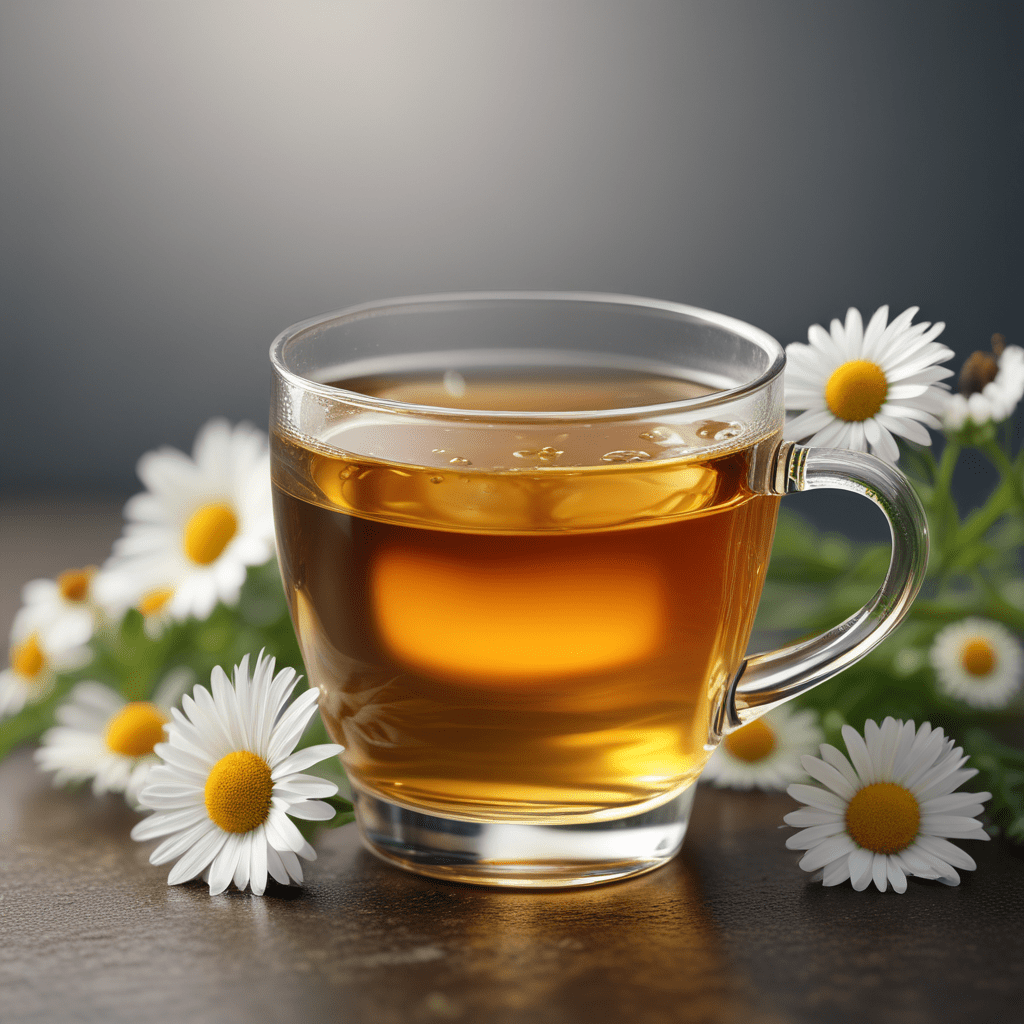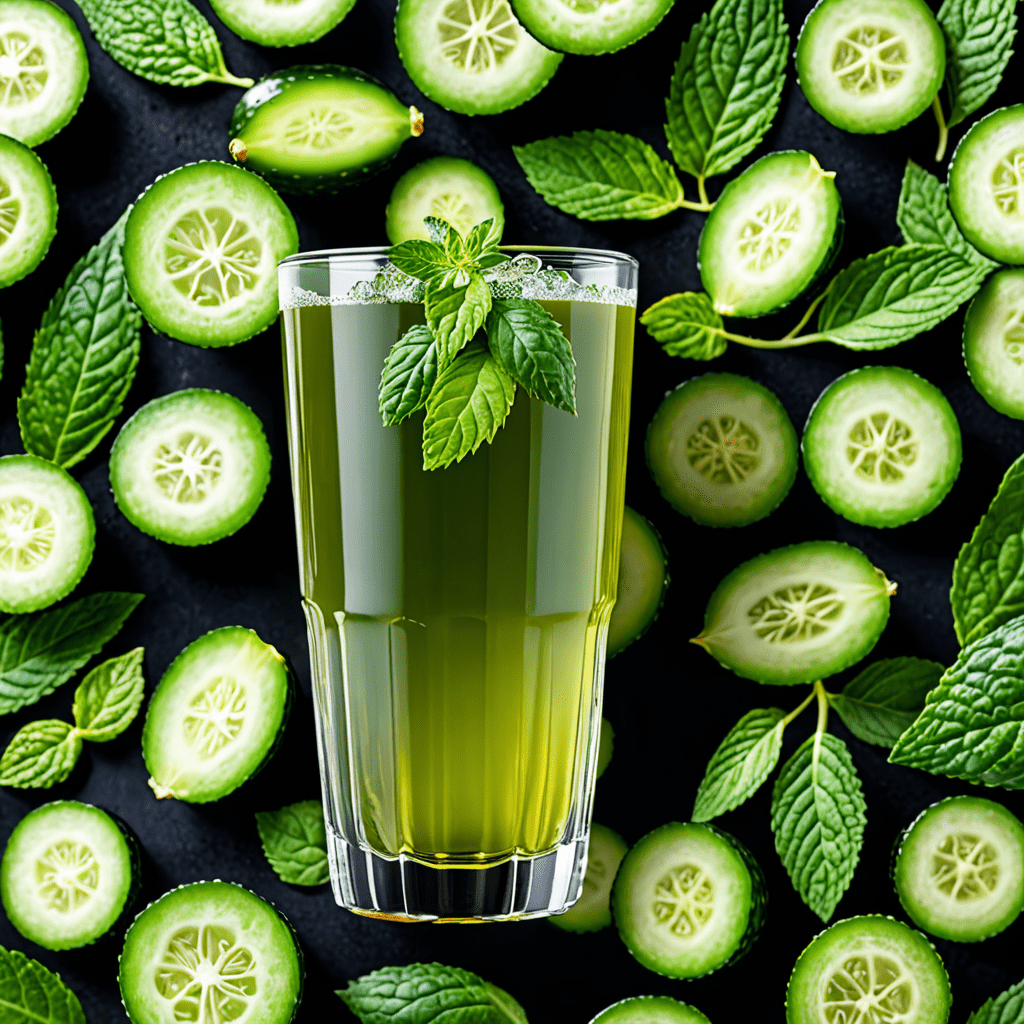
The Role of Tea in Chinese Social Gatherings
Introduction
Tea holds a profound cultural significance in China, beyond its mere consumption as a beverage. It is deeply intertwined with Chinese social customs, serving as a symbol of hospitality, respect, and bonding. From casual gatherings to formal ceremonies, tea plays a central role in fostering social interactions and strengthening connections.
Historical Significance of Tea in Chinese Culture
Tea has played a pivotal role in Chinese society for centuries. Its origins can be traced back to ancient legends dating back to the 3rd millennium BC. During the Tang Dynasty (618-907 AD), tea consumption became widespread, and tea cultivation and production flourished. The ritualistic preparation and appreciation of tea evolved into an integral part of Chinese culture, influencing art, literature, and social etiquette.
Tea as a Symbol of Hospitality
Offering tea is considered an essential act of hospitality in China. It symbolizes respect, warmth, and a genuine desire to welcome guests. The act of brewing and serving tea creates a welcoming atmosphere, setting the stage for meaningful conversations and social exchange. Whether in homes, teahouses, or formal settings, tea is the quintessential expression of Chinese hospitality.
Tea Ceremony as a Social Ritual
The Chinese tea ceremony is a highly stylized ritual that goes beyond mere tea drinking. It is an expression of cultural refinement, mindfulness, and appreciation for the present moment. The elaborate preparation process, the specific gestures, and the attentive focus on the sensory experience create a unique social environment that fosters tranquility, introspection, and a deep connection among participants.
Tea as a Facilitator of Conversation
Tea provides a natural and relaxing setting for conversations. Its gentle aroma and subtle flavors create an ambiance that encourages open and meaningful discussions. The shared experience of enjoying tea together breaks down barriers and fosters a sense of camaraderie. Whether it's a casual chat among friends or a more formal business meeting, tea serves as a catalyst for dialogue and mutual understanding.
Tea as a Way to Express Respect and Appreciation
In Chinese culture, offering tea is a gesture of respect and appreciation. It is a way to show that you value the person you are sharing it with. The quality of the tea, the manner in which it is prepared, and the attention to detail all convey a sense of care and consideration. Giving someone a cup of tea is a simple yet powerful way to express your gratitude and build stronger relationships.
Tea as a Bonding Experience
Tea-drinking is a social activity that brings people together. Whether it's a family gathering, a meeting of friends, or a formal tea ceremony, tea provides a shared experience that creates a sense of community. The act of sharing tea, enjoying its flavors, and engaging in conversation fosters a deep connection among participants. Tea strengthens bonds, builds trust, and creates lasting memories.
Tea as a Source of Relaxation and Tranquility
Tea has calming and relaxing properties that make it an ideal beverage for social gatherings. Its soothing aroma and gentle flavors help to reduce stress and create a sense of tranquility. The ritualistic preparation and consumption of tea encourages mindfulness and introspection, promoting a deep sense of relaxation and well-being. In a fast-paced world, tea provides a sanctuary where people can slow down, connect with themselves, and find inner peace.
Tea as a Part of Chinese Daily Life
Tea is deeply ingrained in Chinese daily life. It is consumed at all times of the day and in various social settings. From family meals to business meetings, tea is an indispensable part of Chinese culture. Its versatility and adaptability make it suitable for any occasion, whether it's a casual gathering or a formal ceremony. Tea is a constant companion that weaves its way through the fabric of Chinese society, connecting people, fostering relationships, and adding a touch of warmth and tranquility to everyday life.
Conclusion
Tea plays a multifaceted role in Chinese social gatherings, serving as a symbol of hospitality, a facilitator of conversation, a way to express respect and appreciation, a bonding experience, and a source of relaxation and tranquility. Its deep cultural significance and versatility make it an indispensable part of Chinese society, enriching social interactions and strengthening connections among people. Whether it's a casual chat or a formal ceremony, tea is the quintessential beverage that brings people together, creating a harmonious and welcoming environment where relationships flourish and meaningful experiences are made.
FAQs
What is the traditional Chinese tea ceremony called?
- Gongfu Cha
What is the most popular type of tea in China?
- Green tea
What are the health benefits of tea?
- Antioxidants, anti-inflammatory properties, improved heart health, reduced cancer risk, and boosted cognitive function.
How do you prepare tea the Chinese way?
- Use loose-leaf tea, heat water to the correct temperature, steep for the recommended time, and enjoy.
What are some tea drinking etiquette tips?
- Hold the cup with both hands, sip quietly, and avoid adding sugar or milk unless offered.


